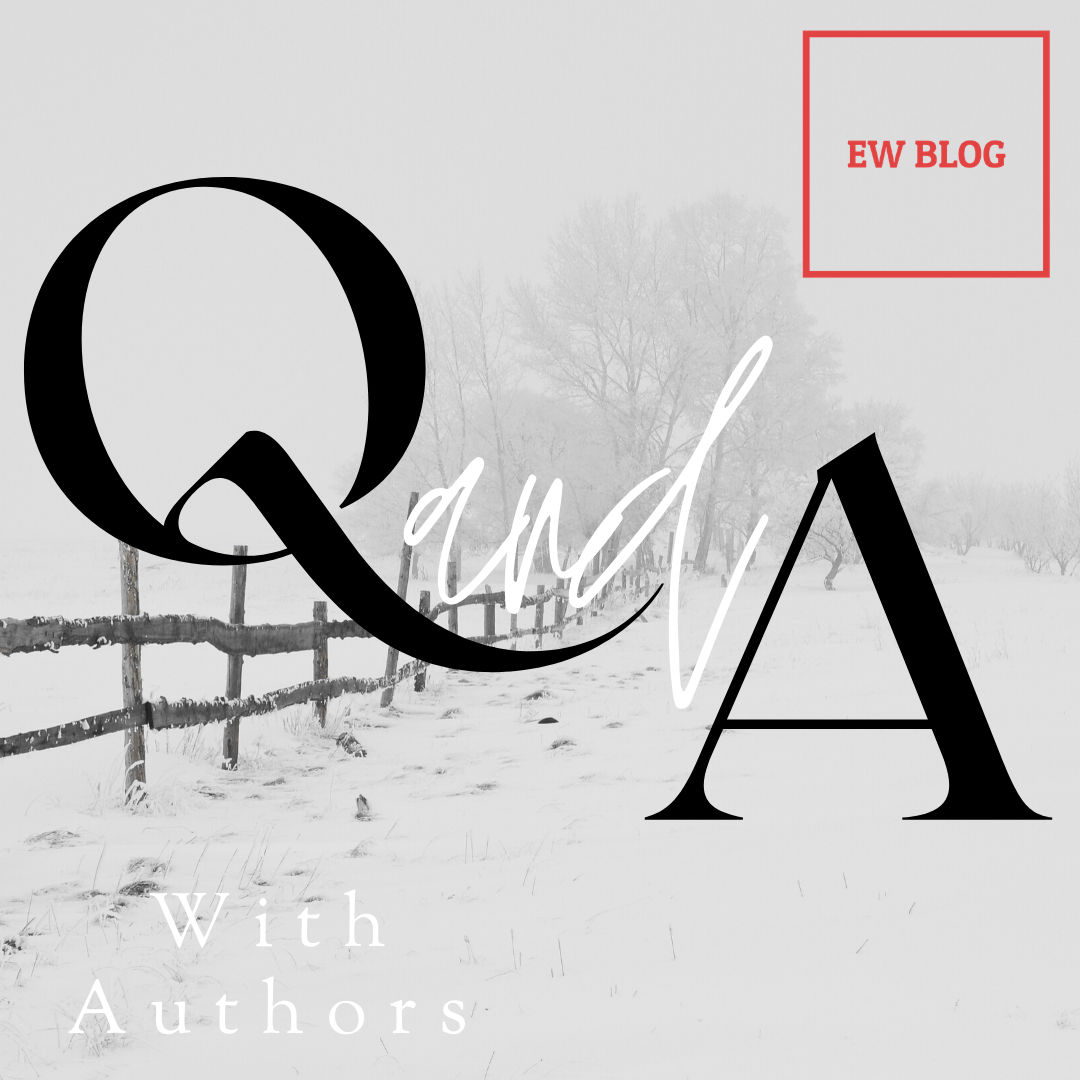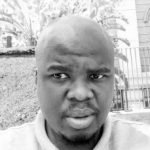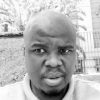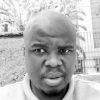

Q&A With Andy Capostagno
Author of Beast

by Ezekiel Kekana
Andy Capostagno is a veteran sports commentator in South Africa. Capostagno has written four sports based books and his latest book, Beast, which is an autobiography of Springbok legend, Tendai Mtawarira, was released last year by Pan MacMillan South Africa just before the Rugby World Cup in Japan. In this Q&A session with EW Blog editor, Capostagno talks about the writing process of the book, how Beast, as Tendai Mtawarira is affectionally known in many stadiums across the world, got cold feet about the book’s release date, and his take on the Siya Kolisi/Jeremy Daniels autobiography saga.

Question: For the benefit of our EW Blog readers, can you please tell us who is Andy Capostagno- the writer?

Answer:
Since arriving from the UK in 1992, fleeing the evils of Thatcherism, Andy has worked in every section of the South African media. He is best known for his television work. He commentates on rugby, cricket, hockey, and many other sports for SuperSport and was a regular guest on the award-winning magazine show, Super Saturday for 10 years.
He has written four sports based books: Beast, Jonty in Pictures, Memorable Moments in One Day Cricket and Fancourt: The Road to the Presidents Cup. A fifth, Ystervarkrivier, A Slice of Life collecting his humorous short stories set in the mythical dorp, is extremely sought after, so quickly was it remaindered.
Andy was the rugby correspondent of the Mail and Guardian for 25 years and farms in the KwaZulu Natal Midlands, with his wife, daughter, 13 horses, 27 cows, 6 geese, 10 chickens, 4 ducks and two Dobermans.

Question: Your latest book, Beast, which is an autobiography of Tendai Beast Mtawarira was released last year under Pan MacMillan, how has the book been received? ?

Answer:
Very well. Don’t know the latest figures, but it probably qualifies as a ‘best seller’ in South African terms.

Question: Talk to us about how the project of writing this book came about, did you propose the idea to Tendai or it was the other way around?

Answer:
Jacana, who published my short stories collection, asked me to speak to Beast about a book some six years ago. We had coffee together, but Beast wasn’t ready to commit. Then, out of the blue, he sent me a WhatsApp at the start of 2018 and asked if I was still interested. So, we met after a game at King’s Park and went from there.

Question: Writing a story for someone in the form of autobiography can be tedious, what were the challenges that you faced throughout the entire writing process?

Answer:
The first challenge was that Beast hadn’t got further than thinking a book might be nice. So, I had to find a publisher, organise a deadline, explain to him what I needed, find out if he wanted it in first person, third person, whatever. Then I needed his time, which he found increasingly difficult, since it was the year he won his 100th cap for the Boks. If I could have moved him to the farm for a weekend, clear of distractions, the whole process would have been far simpler. As it was, we met in hotels, apartments, coffee shops and his home near Shaka’s Rock. It wasn’t ideal, but we got there.

Question: The book touches on many aspects of Tendai’s life, his upbringing in Zimbabwe, his relationship with his father, the family, and all-round his rugby career, how did you manage to ensure that he does not leave out a single detail about his life?

Answer:
Well, I’m not sure we covered everything and there are several sections where other people remembered far better than he did! The answer was to speak to as many people as possible, including his family, his teachers, his coaches, and his fellow players. Then there were the hours I spent trolling the internet looking for background material.

Question: Beast is a big figure in the South African rugby, what was one aspect you discovered that was uniquely interesting about him?

Answer:
The biggest revelation in the book is that in the middle of the saga regarding his South African citizenship, when he had given up all hope and was on the verge of going overseas, he got a phone call from Archbishop Desmond Tutu that changed everything.

Question: The book was released before Beast won the World Cup with the Boks, meaning that chapter of his life is missing from the book, was it your intention to leave out that part in this biography or you did not think the Boks will go on and win the title?

Answer:
The original plan was that the book would come out in June 2019, ahead of the international season. Then, assuming Beast made the cut in Rassie’s squad, he would do a World Cup diary, sending me WhatsApp voice notes from Japan every day. If the Boks did well enough (i.e. made the semi’s or better) we would bring out a 2nd edition with the World Cup chapter as the conclusion. Beast got cold feet at the point of release and we held the publication date back to the Monday after the final. Then he decided he had had enough and so we never went to a 2nd edition, which is a shame.

Question: Writing an autobiography for a sports star is a privilege, especially with their participation and blessings. Recently we have seen some scribes authoring biographies of some rugby stars without their consent, do you think it is ethical for scribes to write stories(in the form of books) without the consent of their subjects, for example, the Siya Kolisi and Jeremy Daniels saga?

Answer:
Well, without wishing to defend the Kolisi book, I should just mention that the book shops are full of unauthorised biographies and if you decided that autobiography was the only way forward, very few would ever get written. Authorised biographies tend to be cleaned up versions of sometimes messy lives and therefore less interesting than those produced at arm’s length. I happen to know that the official Kolisi biography is now underway and that Siya’s people drove a hard bargain. There is a long journalistic tradition of rushing to print with a hot story and I would hate to see that nipped in the bud by the desperate need to be ‘official’.

Question: Following the Springboks’ world cup triumph last year, many world-cup winning players will soon start wanting to tell their stories, would you still be interested in writing a biography for another rugby star?

Answer:
Beast was my first rugby book and I learnt a lot. I make my living through writing and broadcasting, so if someone came to me with a plan I would certainly be interested.

Question: If you were to invite three rugby players to a book reading session, who would that be and why them?

Answer:
Hugo Porta, Gordon Brown and Andile Ramaphosa. Porta remains the finest rugby player I’ve seen and I met him in Pretoria during the Mandela presidency, when Porta was the Argentine ambassador to SA. Brown was the lock partner of Willie John McBride for the British Lions in 1974 when they beat the Boks. I was lucky enough to commentate with him in Hong Kong a few times and I fell in love with his enthusiasm and endless stories. Ramaphosa was a loose head prop for St Stithians and I saw him play several times when I was still living in Jo’burg. He was big, strong, fast and skilful, and could have made it. For obvious reasons, the world of business got in the way.

Question:
What is your advice to fellow scribes who would want to write biographies for sports stars?

Answer:
Remember the wise words of Louis B Mayer, who said, “A verbal contract isn’t worth the paper it’s written on.”

Question:
Which book are you currently reading?

Answer:
Let me Play – the biography of Papwa Sewgolum, self-published by Barry Cohen. I’m reviewing it for Cover2Cover on SuperSport, my semi regular review of sporting books.

Thank you, Andy for your time.

Answer: Thank you
Book Review
Share this:
- Click to share on X (Opens in new window) X
- Click to share on Facebook (Opens in new window) Facebook
- Click to print (Opens in new window) Print
- Click to share on LinkedIn (Opens in new window) LinkedIn
- Click to share on Reddit (Opens in new window) Reddit
- Click to share on Tumblr (Opens in new window) Tumblr
- Click to share on Pinterest (Opens in new window) Pinterest
- Click to share on Telegram (Opens in new window) Telegram
- Click to share on WhatsApp (Opens in new window) WhatsApp
- Click to email a link to a friend (Opens in new window) Email

